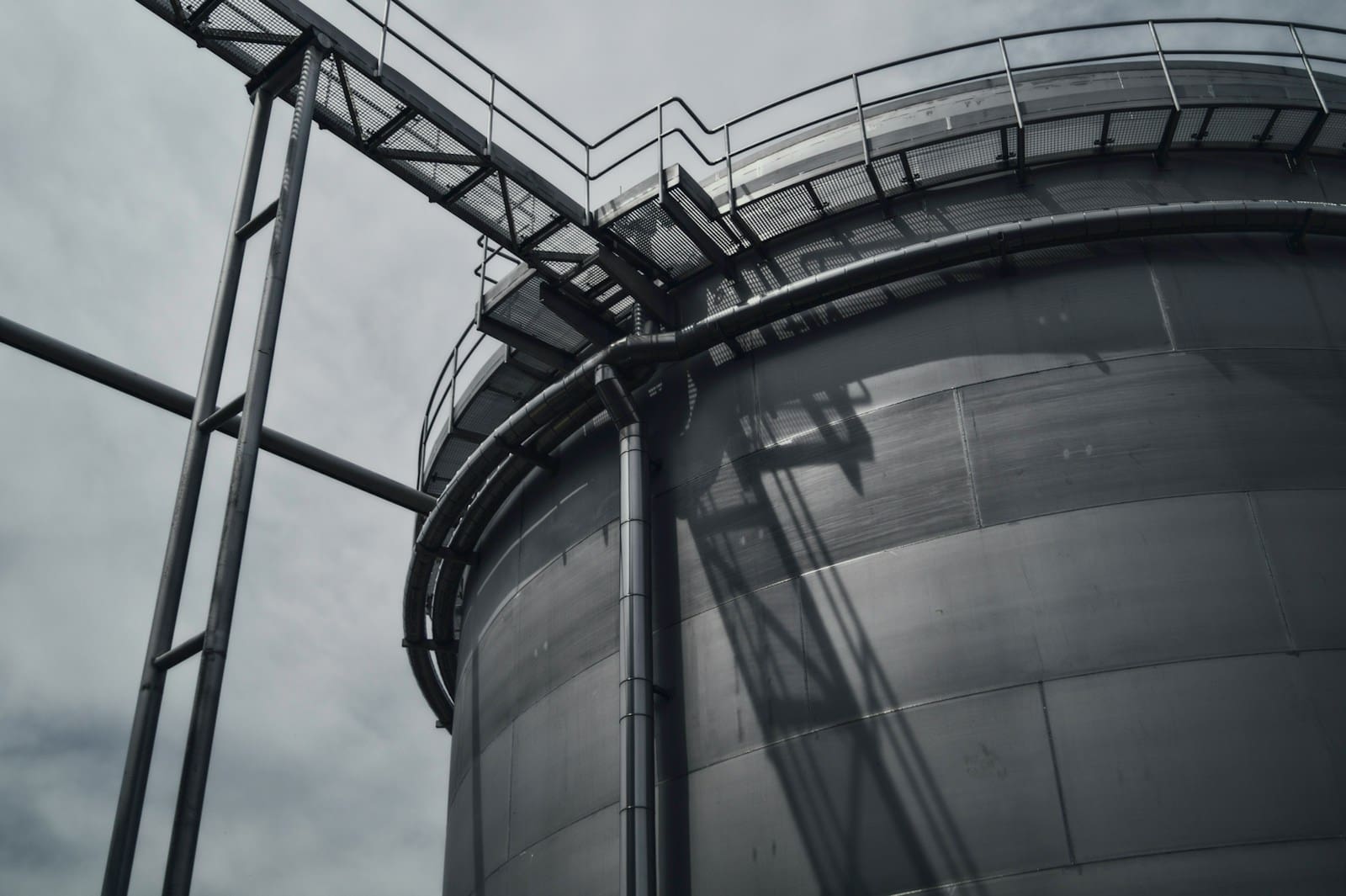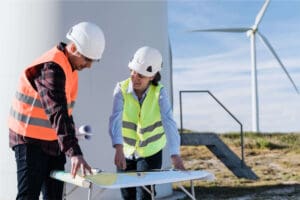At Tri Innovations, we specialize in designing and constructing custom truck loading packages tailored to transport a diverse range of products. From light LPGs to high-density crude oils, our solutions are crafted to meet the specific requirements of our clients, without being tied to any particular brand or model. Leveraging our experience, we’ve identified several common challenges and best practices to ensure optimal performance.
Our commitment to innovation and quality engineering drives us to continuously learn from these experiences, ensuring solid project execution and long-term client relationships.
Should you wish to discuss these insights further or have a requirement for a custom solution, we encourage you to reach out to one of our experts. Our team is ready to assist you with specialized knowledge that can meet your project’s unique challenges.
Through our extensive experience, we’ve pinpointed some key challenges and established best practices to guarantee these systems operate smoothly:
Ensuring Effective Air Removal: Dealing with heavier fluids means it’s vital to choose air eliminators with enough capacity to let air fully separate from the liquid. If the air eliminator is too small, it won’t be effective, leading to potential pressure issues. Our advice? Opt for larger units to ensure efficient air removal.
Choosing the Right Level Switches: For thicker, more viscous fluids, we’ve discovered that vibrating fork-style switches are more reliable than their capacitance or ultrasonic counterparts, which can malfunction due to coating.
Correct Meter Placement: For accuracy, Coriolis meters (devices that measure fluid flow by changes in mass) should be positioned to ensure unrestricted flow. This helps in managing entrained solids and gases, avoiding measurement errors that can occur when the tubes are not fully filled.
Strategic Temperature Monitoring: Temperature transmitters are crucial for accurate readings but need to be positioned correctly – ideally not too close to meters or other components. While Coriolis meters can provide a quick temperature estimate, precise measurements require a dedicated, calibrated probe.
Water Content Analysis: When it comes to measuring the water content in fluids, different technologies suit different situations. For low water content levels, capacitance devices are effective but require careful management of fluid speed. For a wider range of measurements, microwave-based devices are often more successful.
Our commitment to innovation and quality engineering drives us to continuously learn from these experiences, ensuring solid project execution and long-term client relationships.
Should you wish to discuss these insights further or have a requirement for a custom solution, we encourage you to reach out to one of our experts. Our team is ready to assist you with specialized knowledge that can meet your project’s unique challenges.




